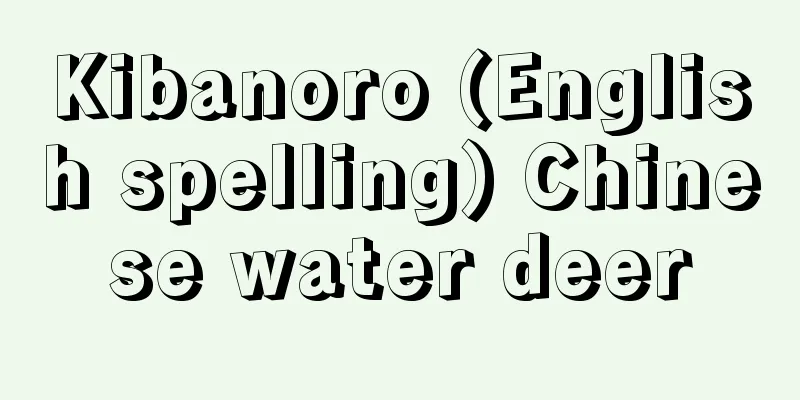Divisor - yakusuu

|
When an integer a is divisible by an integer b, in other words, when there exists an integer c such that a=b×c, b is said to be a divisor of a. In this case, a is a multiple of b. Therefore, divisors and multiples can be said to be different ways of expressing the same relationship. When we think about divisors, we usually only think about positive integers. For any integer a, 1 and the number a itself are divisors of a. A positive integer, for example 6, has four divisors: 1, 2, 3, and 6. In general, if the prime factorization of a is a=p α q β …t δ (where p, q, …, t are different prime numbers, and α, β, …, δ are natural numbers), the number of divisors of a is (α+1)(β+1) …(δ+1). In particular, when a is a prime number, the number of divisors is two (1 and the number itself, a). Also, when a is the square of an integer, the number of divisors of a is odd. Since all integers can be said to be divisors of 0, there are an infinite number of divisors of 0. The divisors of a are also divisors of multiples of a. Also, the divisors of the divisors of a are also divisors of a. When the sum of the divisors of a positive integer a is equal to twice the original integer a, a is sometimes called a perfect number. Examples are 6 (1+2+3+6=12) and 28 (1+2+4+7+14+28=56). When n is a natural number greater than 1, and 2 n -1 is a prime number, 2 n -1 (2 n -1) is a perfect number. The common divisor of two or more integers is the common divisor of those integers. [Tatsuro Miwa] [Reference] |Source: Shogakukan Encyclopedia Nipponica About Encyclopedia Nipponica Information | Legend |
|
整数aが整数bで割り切れるとき、つまり、a=b×cとなる整数cが存在するとき、bはaの約数であるという。このとき、aはbの倍数である。だから、約数・倍数というのは、同じ関係の別の表し方であるといえる。 約数については、正の整数についてだけ考えることが多い。どんな整数aについても、1とその数自身aは、aの約数である。 正の整数、たとえば、6の約数は、1、2、3、6の4個である。一般に、aの素因数分解を、a=pαqβ……tδ(p、q、……、tは違った素数、α、β、……、δは自然数)とすると、aの約数の個数は、(α+1)(β+1)……(δ+1)である。とくに、aが素数のときは2個(1とその数自身a)である。また、aが整数の平方のときは、aの約数の個数は奇数である。 整数はどれも0の約数といえるので、0の約数は無数にあることになる。aの約数は、aの倍数の約数になっている。また、aの約数の約数は、また、aの約数である。 正の整数aの約数の和が、もとの整数aの2倍に等しいとき、aを完全数ということがある。たとえば、6(1+2+3+6=12),28(1+2+4+7+14+28=56)がそうである。nを1より大きい自然数とするとき、2n-1が素数のとき、2n-1(2n-1)は完全数である。2個以上の整数の共通な約数が、それらの整数の公約数である。 [三輪辰郎] [参照項目] |出典 小学館 日本大百科全書(ニッポニカ)日本大百科全書(ニッポニカ)について 情報 | 凡例 |
Recommend
Sporozoa
...Sunworms live in ponds and marshes, and there ...
Enzelii - Enzelii (English spelling)
A port city on the Caspian Sea in northern Iran. ...
Ogata Korin
A painter from the mid-Edo period. He was born as...
Supercooled Liquid - Supercooled Liquid
A liquid that is in a metastable state below its ...
Red spotted crab (English name: Neopetrolisthes maculatus)
Order Decapoda, Class Malacostraca, Family Ploceid...
Oleandra
A perennial, evergreen herb of the family Vulgaris...
Mary Stuart
1542‐87 Queen of Scots. Reigned 1542-67. Lifelong ...
Kanbun Land Seal - Kanbun Land Seal
…He built a new Tsuyama Castle, and managed the c...
Hadhramaut - Hadhramaut (English spelling)
A plateau region in the eastern part of Yemen, on...
Rostrum
…The mandibles and mandibles of mosquitoes, toget...
Gyoishindo
...According to the Engishiki and other ancient d...
Mantle cavity
…In particular, in cephalopods, the color of the ...
Toad - Toad
A common name for toads. They are also known by ot...
Foraminifera - Yuukochu (English spelling)
A microscopic organism belonging to the order For...
Crater - Kako
An outlet where underground magma erupts on the s...








![Rubicon [river] - Rubicon](/upload/images/67cd315dccef9.webp)
